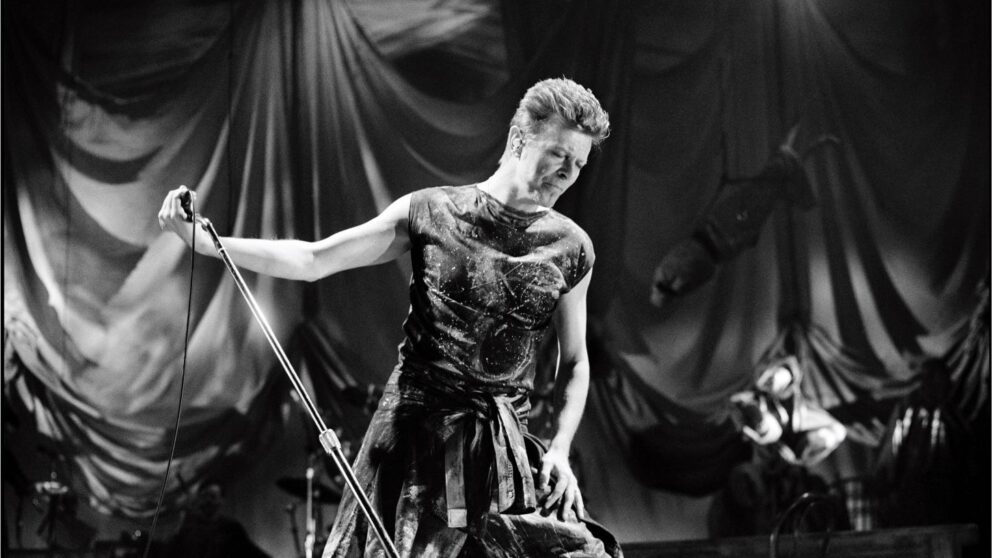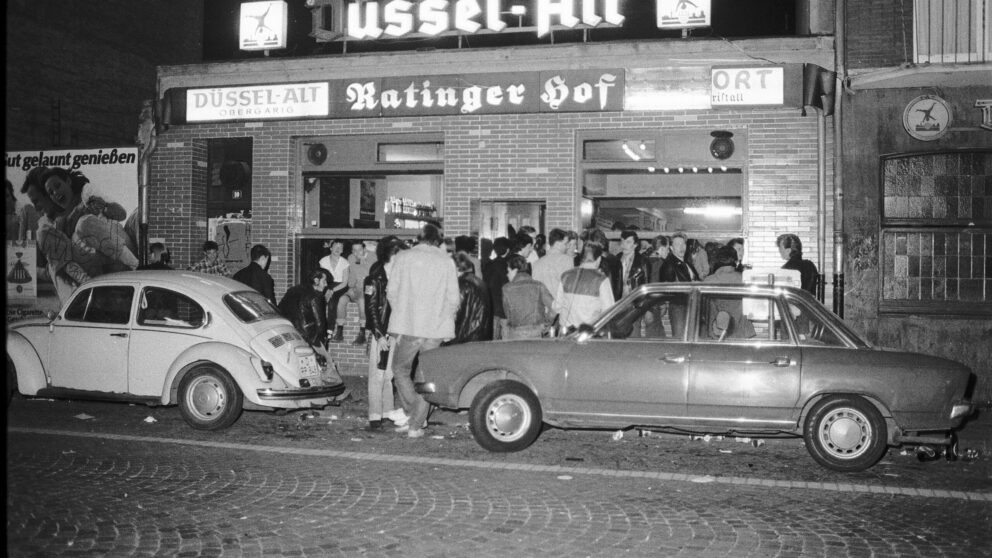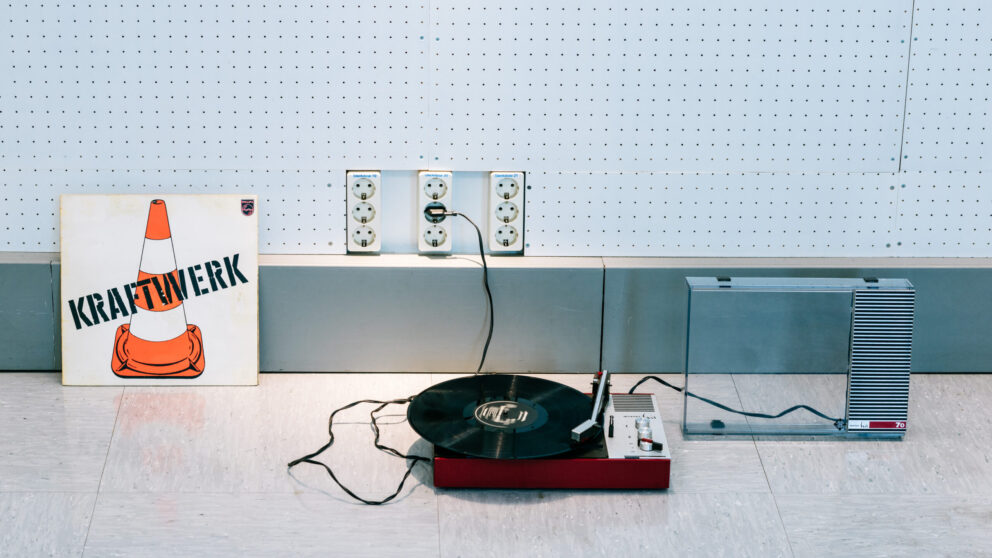
How the Red Hot Chili Peppers once hit NEU!
How the Red Hot Chili Peppers once hit NEU!
Hamburg-based music journalist Christoph Dallach conducted numerous interviews with the protagonists of Krautrock for his book "Future Sounds," published by Suhrkamp Verlag. We talked to him about his findings and experiences - and about what all this has to do with Düsseldorf. Dallach (photo left) is currently on a reading tour with Andreas Dorau (photo right). They are also performing at the Zakk in Düsseldorf.
Mr. Dallach, what was the impetus for doing a book about Krautrock?
That was the evening when, at a concert in Hamburg, the Red Hot Chili Peppers asked Michael Rother, whom they adored, to come on stage and perform the NEU! classic "Hallogallo" with him. I noticed the many astonished faces in the audience, puzzling over who that was supposed to be. It crossed my mind how little Rother and the other musicians of this movement are noticed in Germany - that it must be Caliphonians who make us aware of what these so-called "Krautrockers" have started. So I decided to talk to them and bundle the results into a book.
Doesn't the interview form of the book require enormous prior knowledge from the readers?
I've always liked the oral history form. I was impressed a long time ago by a book about the Warhol scene that was in this form. And I simply love conducting interviews. As a reader, you don't need any prior knowledge at all. The interviewees tell a great story that begins at the end of World War II and continues to the present. What they have experienced is impressive even without knowing anything about them in advance.
What makes this music from the late sixties and early seventies still relevant today?
This music has lost nothing of its relevance because it still sounds unique. What's special about bands like Can, Neu!, Amon Düül, Tangerine Dream, Faust or Kraftwerk is not the sound, but an attitude: this longing to find one's own way. In other words, music that doesn't sound like models from the UK or the USA, but only like them. This "starting from scratch," as Can founder Irmin Schmidt called it.


Which international musicians were influenced by bands from Düsseldorf?
Very, very many. You can start with David Bowie and Brian Eno, who were both big fans early on. Eno even lived for a while with Michael Rother, Achim Roedelius and Dieter Moebius in their studio flat. Just how much this "influenced" him is made clear by the second, instrumental side of the Bowie album "Low." Otherwise, there are too many to list them all - from John Lydon to The Fall, to New Order, Radiohead or Blur. Thanks to social networks, a young generation has now discovered this music.
You are currently going on a reading tour with Andreas Dorau. Why with him in particular?
Andreas fits because his music carries on the attitude that my book is about. So the idea of wanting to do something of my own - something that doesn't sound like LA, London or Seattle. Who sounds like Andreas Dorau except Andreas Dorau? I've always been a big fan of his music for that reason, too. That's also what a Brit says in the book, namely Nigel House, head of the cool Rough Trade record stores. He finds in musicians like Dorau the attitude of his own way. Dorau's favorite Krautrock record, by the way, comes from Düsseldorf: "Wunderbar" by Wolfgang Riechmann.
You can read the book here. And you can find more about Christoph Dallach here.
More about "Krautrock - Made in Düsseldorf" at Google Arts & Culture.
Our author

Gerrit Terstiege was editor-in-chief of the magazine "form" for many years and edited three design books. He writes regularly for Mint, Art, Monopol and Rolling Stone, among others, and has conducted numerous interviews with Diedrich Diederichsen, Bazon Brock, Klaus Theweleit, Richard Hamilton, Donald Fagen, Klaus Voormann and Leonard Cohen, for example.
Photos:
Cover: Christoph Dallach & Andreas Dorau © Stefanie Dallach
Photo 1: Christoph Dallach © Stefanie Dallach
Book cover: © Suhrkamp
Portrait G. Terstiege: Wolfgang Armbruster




